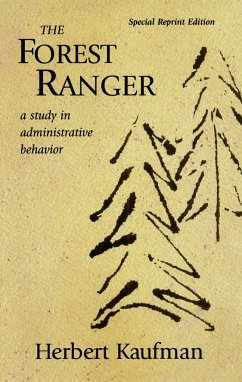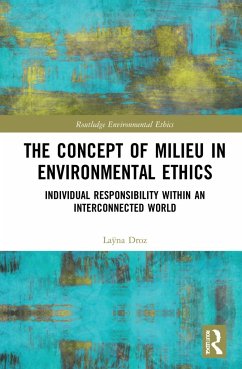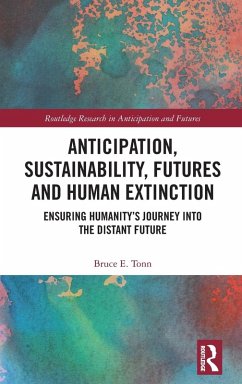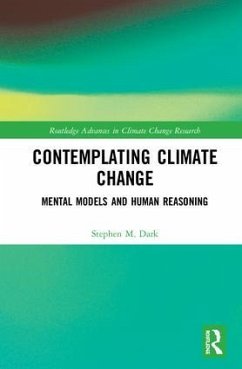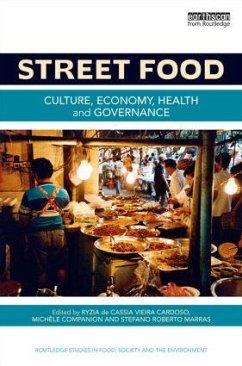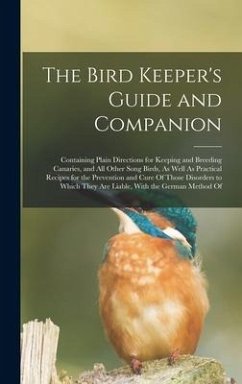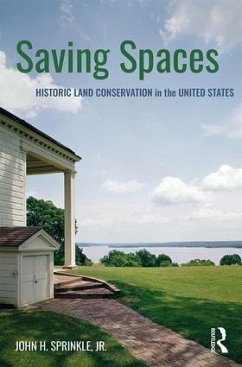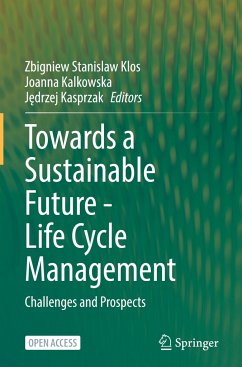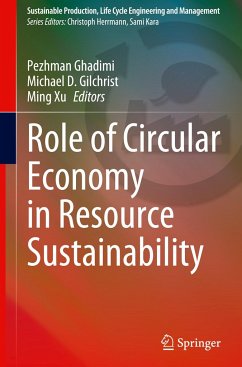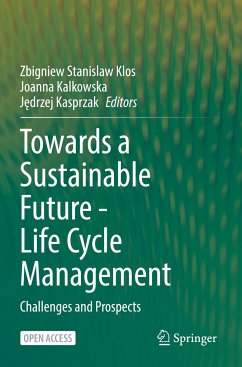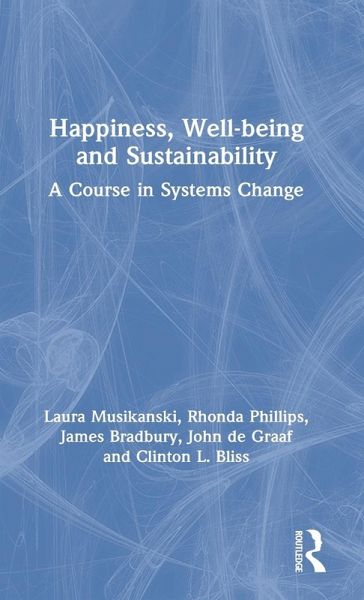
Happiness, Well-being and Sustainability
A Course in Systems Change
Versandkostenfrei!
Versandfertig in 1-2 Wochen
168,99 €
inkl. MwSt.
Weitere Ausgaben:

PAYBACK Punkte
84 °P sammeln!
Happiness, Well-being and Sustainability: A Course in Systems Change is the first textbook bridging the gap between personal happiness and sustainable social change. The book provides a guide for students to increase their skills, literacy and knowledge about connections between a sense of well-being and systems change. Further, it can help students live a life that brings them happiness and contributes to the well-being of others and the sustainability of our planet.¿ The book is presented in seven chapters covering the subjects of systems thinking, personal and societal values, measuring ha...
Happiness, Well-being and Sustainability: A Course in Systems Change is the first textbook bridging the gap between personal happiness and sustainable social change. The book provides a guide for students to increase their skills, literacy and knowledge about connections between a sense of well-being and systems change. Further, it can help students live a life that brings them happiness and contributes to the well-being of others and the sustainability of our planet.¿ The book is presented in seven chapters covering the subjects of systems thinking, personal and societal values, measuring happiness, human needs, ecological sustainability and public policy. In addition, each section includes engaging exercises to empower students to develop their own ideas, prompts for group discussion, suggestions for additional research and an extensive list of resources and references. The book is written in the context of systems thinking with a style that is approachable and accessible.¿ Happiness, Well-being and Sustainability provides essential reading for students in courses on happiness, social change and sustainability studies, and provides a comprehensive framework for instructors looking to initiate courses in this field. A website to support the professors teaching the book is available at :¿https://www.happycounts.org/coursebook.html





